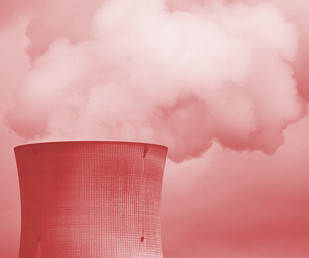Nuclear would drive bill rise
 The Coalition’s nuclear power push would leave households with a $665 annual bill increase, analysis shows.
The Coalition’s nuclear power push would leave households with a $665 annual bill increase, analysis shows.
A new report by the Institute for Energy Economics and Financial Analysis (IEEFA) analysed six scenarios, all based on international examples of nuclear power plant construction, such as Finland’s Olkiluoto 3, the UK’s Hinkley Point C, and the US’s Vogtle plant.
In each case, costs associated with nuclear energy would increase electricity prices for Australian households.
For a typical four-person household, the annual increase could reach $972, with larger households facing even higher costs.
The IEEFA report compared the cost of generating electricity from nuclear plants to current prices in eastern Australia, concluding that nuclear power could be 1.5 to 3.8 times more expensive.
Furthermore, the report noted that small modular reactors (SMRs), which the Coalition has also proposed, have not yet been successfully completed in any democratic nation, adding to cost uncertainties.
The Coalition’s plan includes the construction of seven nuclear power plants across the country, including both large-scale reactors and SMRs.
However, the IEEFA report suggests that this approach, without taxpayer subsidies, would result in significant financial burdens on consumers.
In response to these findings, the report highlights that while some countries with nuclear power have lower retail prices, the construction and financing costs of these plants are often covered through government subsidies or long depreciation periods.
In contrast, the Coalition has ruled out taxpayer-funded subsidies, expecting the market to recover the costs, which would likely result in higher bills.
High-profile nuclear projects in Europe and the US, such as Olkiluoto 3 and Vogtle, have faced severe delays and cost overruns, with some projects costing up to 3.4 times their initial estimates.
These projects have also led to financial difficulties for the companies involved, with Westinghouse filing for bankruptcy protection and France’s AREVA requiring a government bailout.
IEEFA’s analysis concludes that without government support, nuclear power could impose a heavy financial toll on Australian households.
The report calls for thorough scrutiny of the Coalition’s nuclear proposal, especially considering the availability of more cost-effective renewable energy alternatives.
The full report is accessible in PDF form, here.







 Print
Print